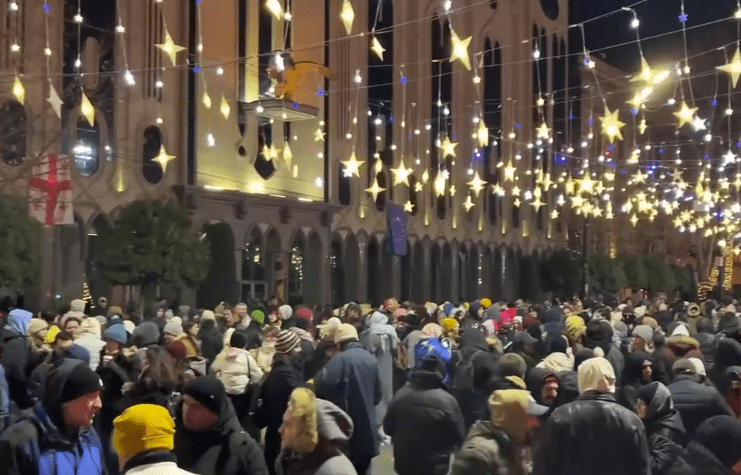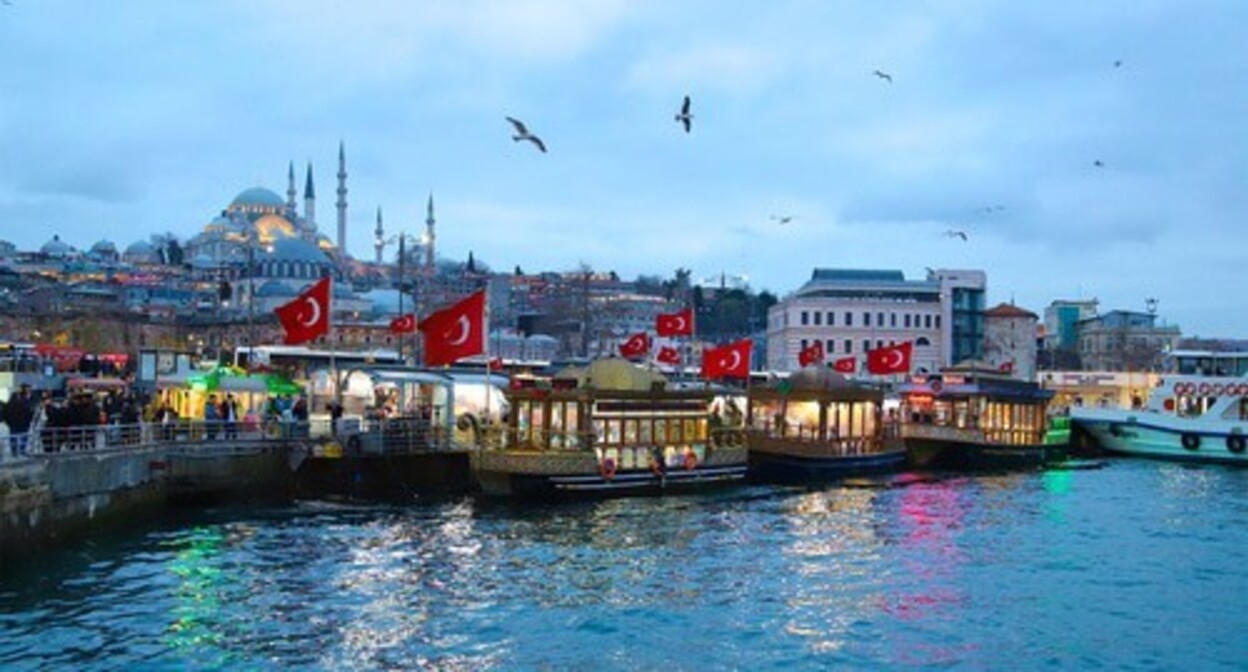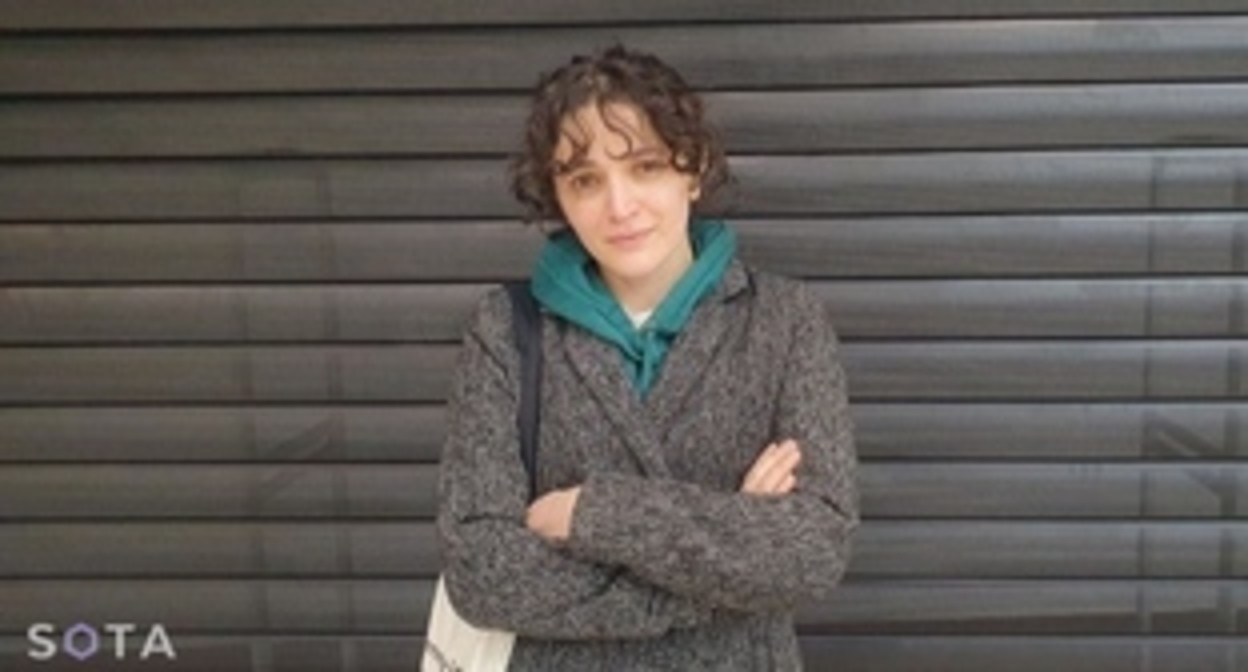Observers assess waves in protest activity in Georgia
The intensity of protests in Georgia is influenced by both the decisions of the authorities and the onset of cold weather and the approach of the New Year holidays. Given that protesters have been holding daily protest actions for 21 days already, another surge in activity can be expected on the day of the inauguration of the new president of Georgia.
The “Caucasian Knot” has reported that since November 28, the protest actions have been taking place in Georgia against the suspension of negotiations on the country’s membership in the European Union (EU). The police carried out harsh dispersals of protests, using tear gas and water cannons, and detained protesters. By December 9, more than 400 people had been detained. On December 17, the 20th day of protests, marches of employees of the tourism industry and students of leading higher education institutions took place in Tbilisi. The demonstrators demanded to hold new parliamentary elections and adhere to the course of European integration.
The fact that participants of the rallies in Tbilisi are divided into social groups may indicate an expansion of the protest or an attempt by activists to create the appearance of such an artificial expansion, analysts believe.
Giorgi Mchedlishvili, Associate Professor of the University of Europe in Georgia, former Advisor to the Political Department of the Ministry of Foreign Affairs (MFA) of Georgia, former lecturer at the Bosphorus University in Istanbul, commented to the “Caucasian Knot” on the progress of the protest actions, which have been going on for 21 days in front of the Georgian Parliament.
Human rights defender Simon Papuashvili notes that the protests stay “more or less at the same level.” According to his version, the number of protesters depends on the day and a number of factors. “But the main thing that guarantees the continuation of the protests is creativity and the ability to spread the protest to new sectors of society,” Simon Papuashvili emphasized.
The protests have reached a new level, believes Mamuka Areshidze, a political analyst and expert on Caucasus issues. “There are fewer violent actions and fewer violent confrontations between protesters and the police,” the political analyst noted. However, according to his version, the above does not mean a decrease in polarization in the country. “We can say that a real chasm has opened up between the supporters of the government and the opposition, which is clearly visible on social networks,” the political analyst emphasized.
Amid the protest action in front of the parliament building, the electoral college elected Mikhail Kavelashvili as President of Georgia. The inauguration ceremony is scheduled for December 29.
On December 18, eight protest marches took place in Tbilisi, including a march of former European foundations’ scholarship holders, students of the Caucasus University, teachers, managers, and a daily “strike” during which public sector employees leave their workplaces for an hour, the “Paper Kartuli” portal reported.
This article was originally published on the Russian page of 24/7 Internet agency ‘Caucasian Knot’ on December 19, 2024 at 00:11 am MSK. To access the full text of the article, click here.
Source: СK correspondent








![Tumso Abdurakhmanov. Screenshot from video posted by Abu-Saddam Shishani [LIVE] http://www.youtube.com/watch?v=mIR3s7AB0Uw Tumso Abdurakhmanov. Screenshot from video posted by Abu-Saddam Shishani [LIVE] http://www.youtube.com/watch?v=mIR3s7AB0Uw](/system/uploads/article_image/image/0001/18460/main_image_Tumso.jpg)